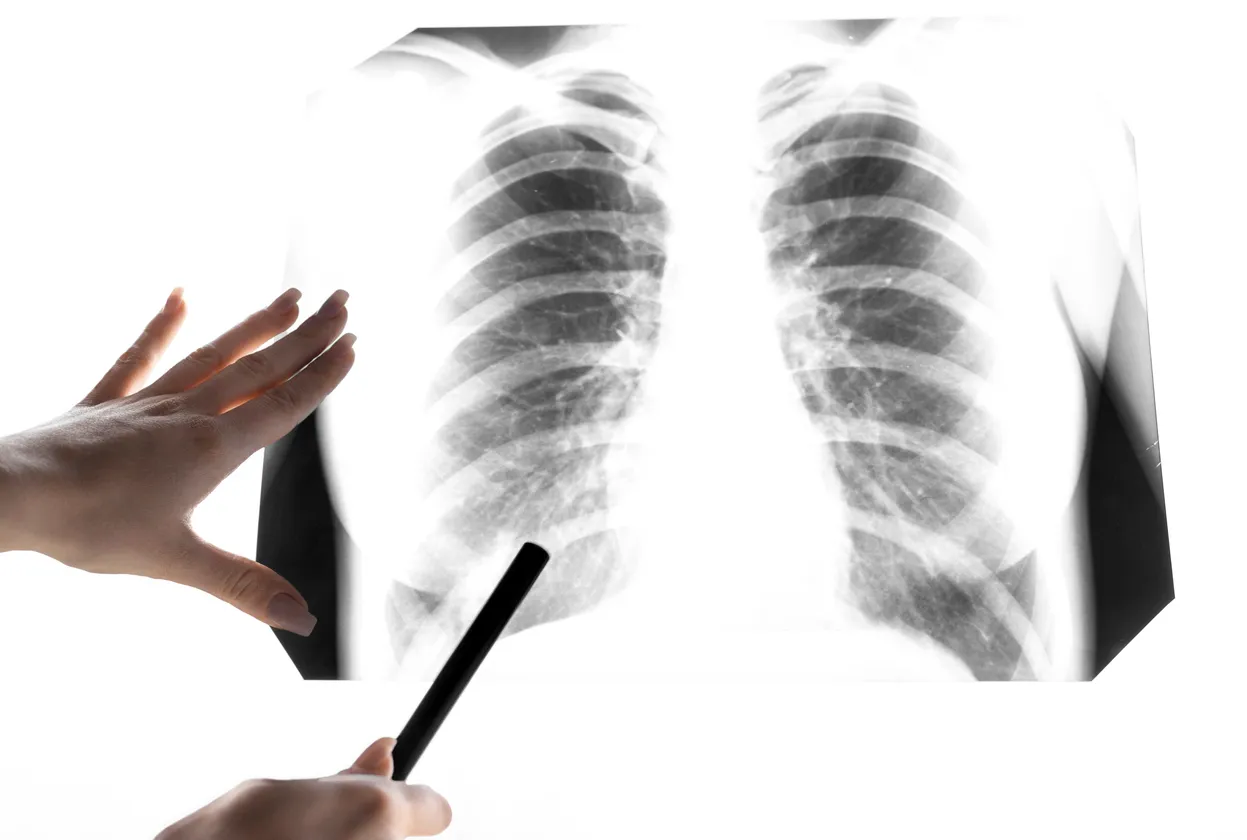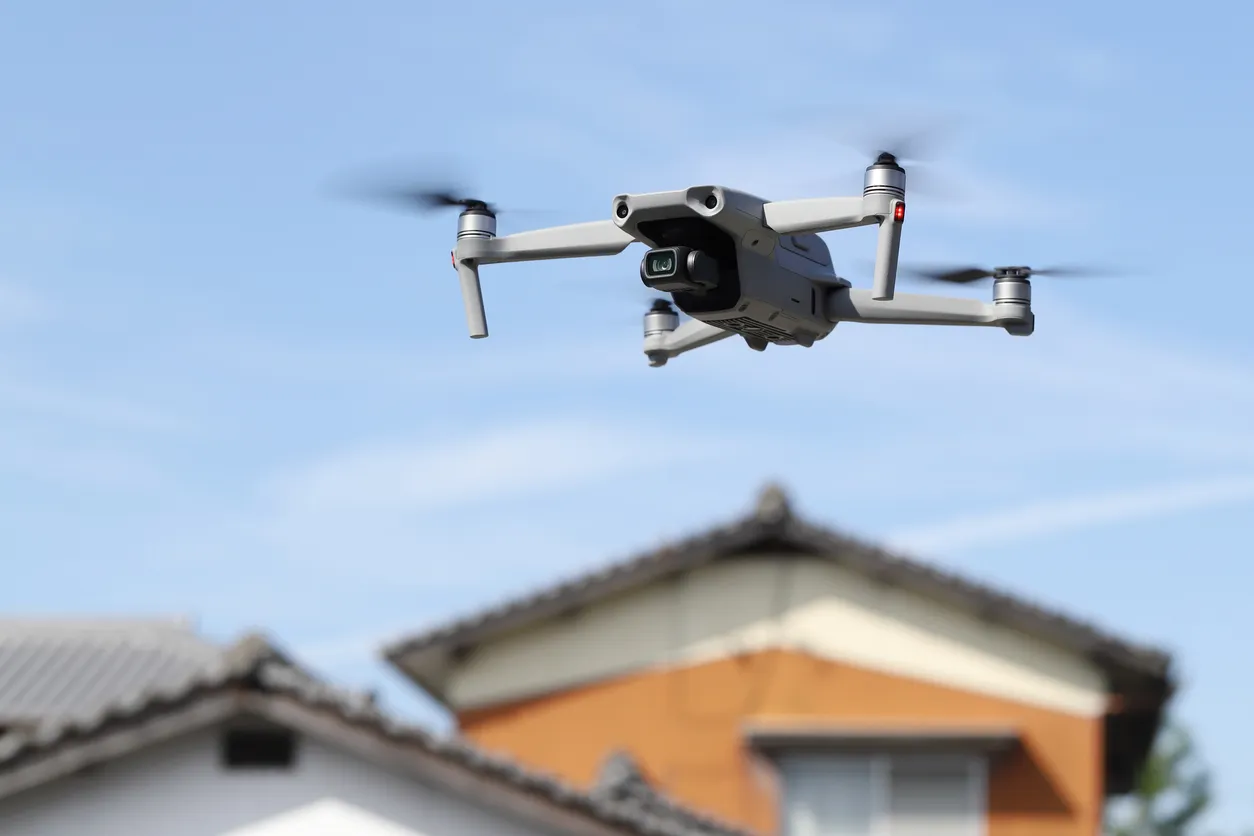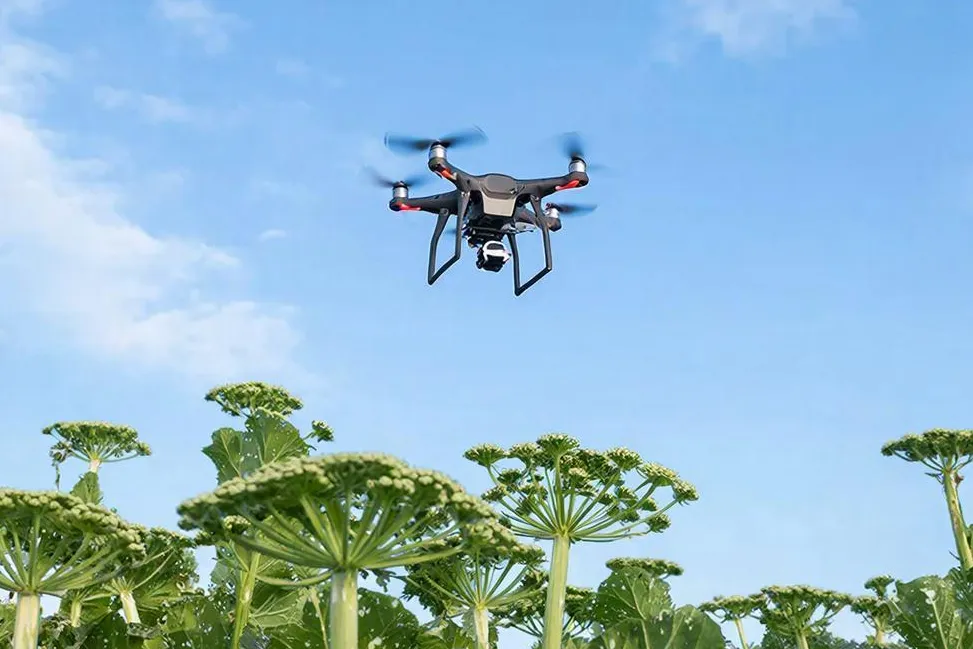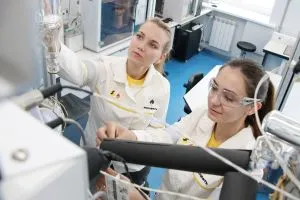Russian Scientists Make Breakthrough in Intelligent 3D Printing of Large Parts
Researchers at a Russian university have unveiled a breakthrough in large-scale 3D printing: a patented system of “smart supports” that eliminates one of the technology’s biggest flaws — wasted material and deformed parts.
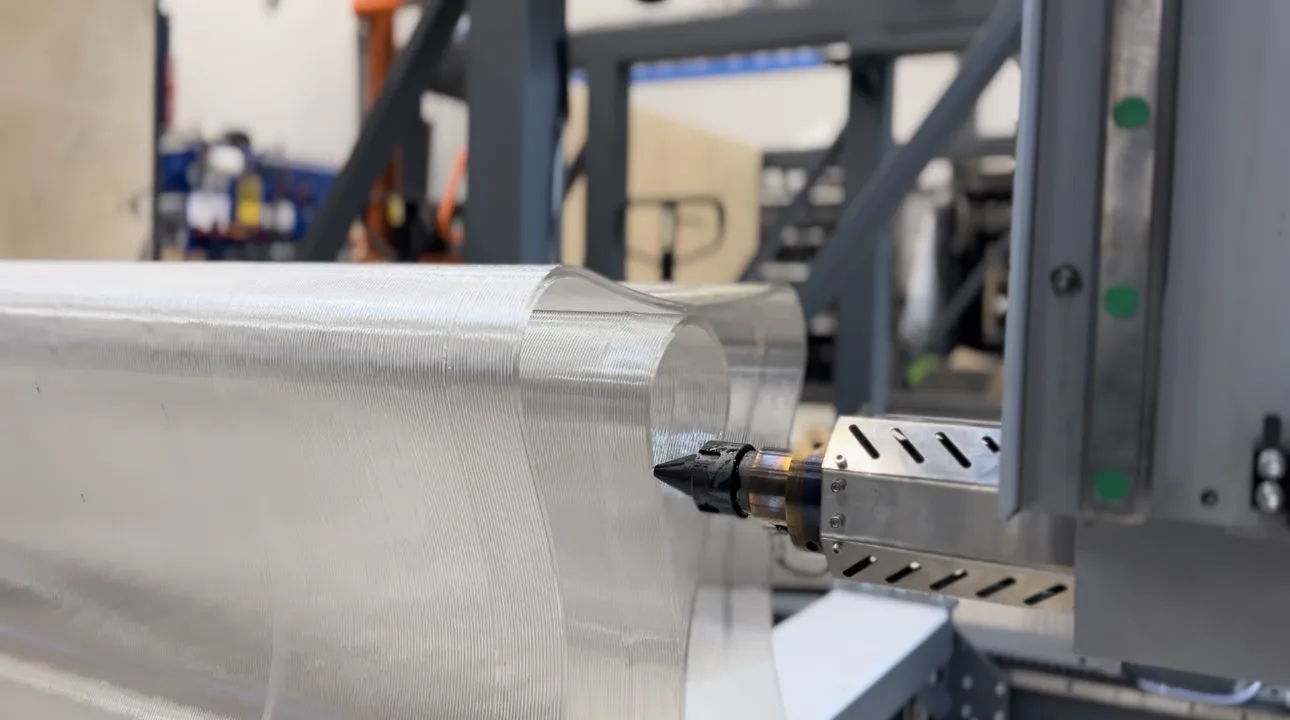
Scientists at Perm National Research Polytechnic University, working with the startup F2 Innovations, have developed Russia’s first intelligent support system for printing oversized parts with complex geometries. Unlike conventional plastic supports that are printed and then manually removed, the new technology uses mechanical elements, allowing massive parts to be manufactured without warping while saving significant amounts of material. The developers say the system could transform industries such as aerospace and mechanical engineering.
According to the university’s press office, the invention tackles one of the key challenges in additive manufacturing: the sagging of plastic when building overhanging structures. Traditionally, this problem was solved by printing temporary supports made of the same material, which then had to be painstakingly removed. That process was wasteful — sometimes more plastic went into the supports than into the part itself — and often damaged the surface of the finished product. For large-format parts, this approach was practically unworkable.
The method from Perm does away with plastic supports altogether. Instead, engineers integrated movable metallic plates into the printer’s frame. A digital model of the part predicts exactly where support is needed, and at the right moment, the mechanical elements slide into place to hold up the overhanging layer. Once it solidifies, the plates retract in sync with the printing process, clearing the way for the next stage.
Igor Bezugladnikov, scientific advisor at F2 Innovations and project lead, said the system is already built into the company’s production printers and has proven effective, even in unconventional printing modes.


